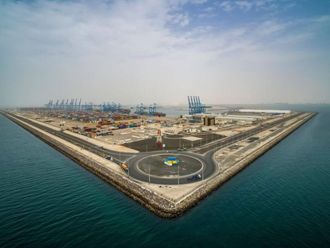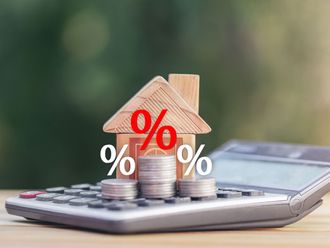
TOKYO: Crude supplies to Japan from its biggest supplier Saudi Arabia will not be impacted by last year’s agreement between Opec and non-OPEC countries to cut output, a senior official of the kingdom said on Thursday.
“The recent agreement among Opec (Organisation of the Petroleum Exporting Countries) and non-OPEC members for oil exports reduction will not impact our commitments and oil exports to Japan,” Aabed Al Saadoun, deputy minister for company affairs at Saudi Arabia’s Ministry of Energy, Industry and Mineral Resources, said. He was speaking at an oil industry symposium in Tokyo.
Saudi Arabia is the No. 1 crude oil supplier to Japan, with its oil accounting for 1.13 million barrels per day (bpd), or 33.5 per cent of its total imports in 2015.
Under the accord reached late last year, Opec, Russia and other non-OPEC members will curtail oil output by nearly 1.8 bpd, initially for six months starting Jan. 1.
Saudi Arabia, which said it pumped 10.47 million bpd in December, has cut production slightly below the target it adopted under the agreement, Saudi Energy Minister Khalid Al Falih said earlier this month.
State-run Saudi Aramco has cut February term crude supplies to refiners in India and Southeast Asia, but it kept February supplies to most North Asian refiners at full volumes for a second month, trade sources said, indicating it will have to continue cutting exports to Europe and the United States.
In a move that reflects a strategic relationship with Japan, Saudi Arabia’s King Salman is considering travelling to Japan in March, which would be the first visit by a ruler since King Faisal in 1971, the Nikkei business daily reported earlier on Thursday.
Saudi Arabia’s powerful Deputy Crown Prince Mohammad Bin Salman visited Japan last September, along with Saudi Arabia’s Energy Minister Khalid Al Falih and other dignitaries, to gain understanding for its “Vision 2030” plan to diversify its economy and reduce its dependence on oil.
Speaking at the symposium, Al Saadoun said Japan was “one of our strongest partners”.












